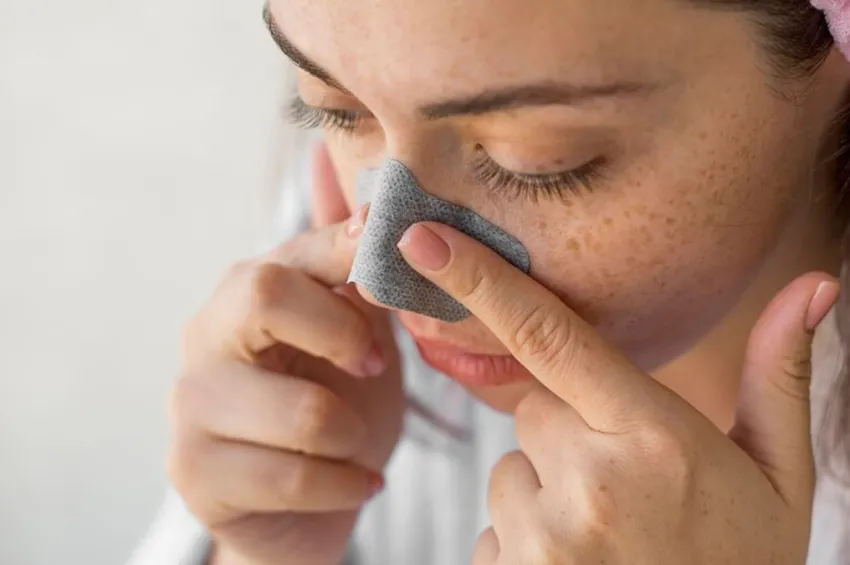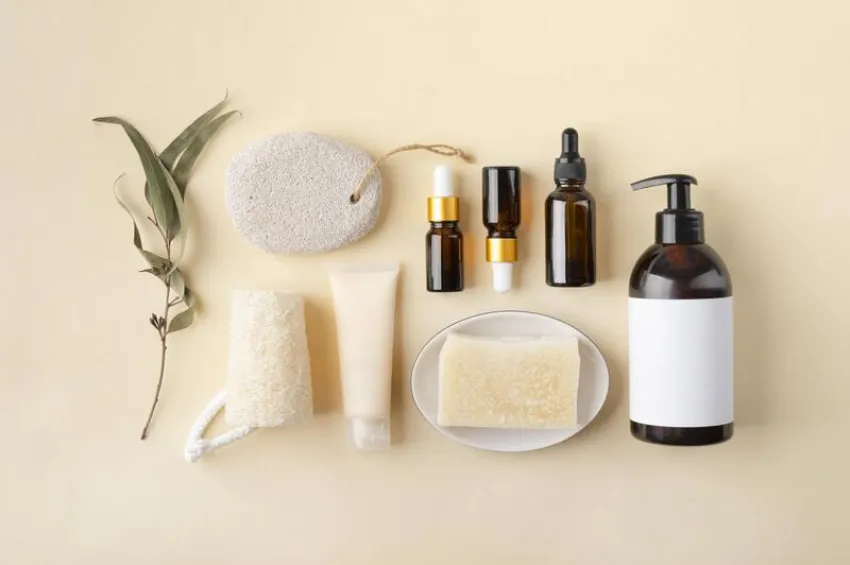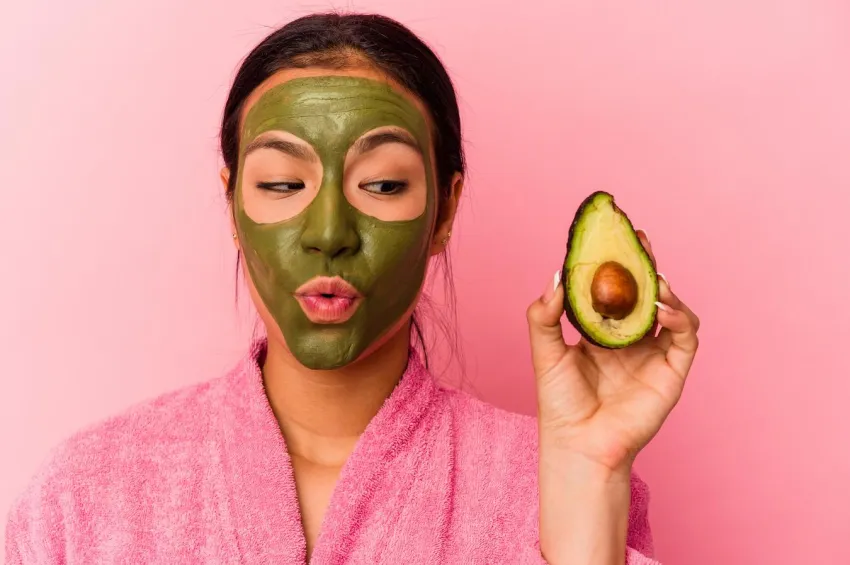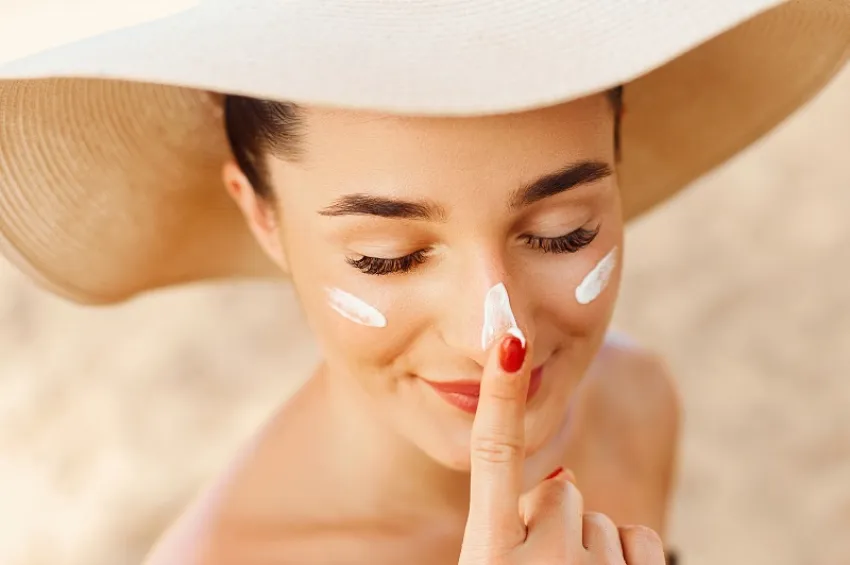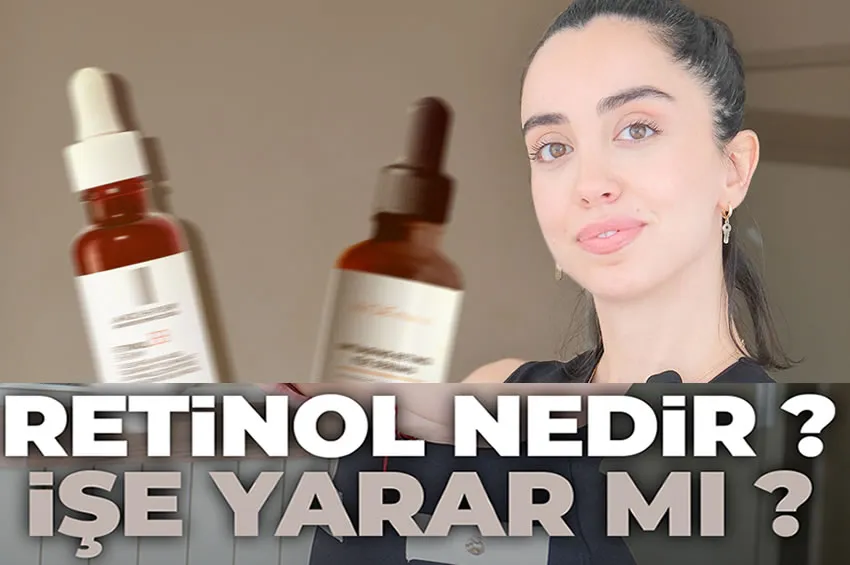
1. What is Retinol?
Retinol is a derivative of vitamin A that supports the renewal of skin cells. As part of the retinoid family, this compound penetrates the skin's deeper layers, boosting collagen production, speeding up cell renewal, and reducing issues such as pigmentation. Retinol is particularly effective in anti-aging and acne treatments, frequently recommended by dermatologists and skincare professionals.
2. Benefits of Retinol
The main benefits of retinol are as follows:
- Anti-Aging Effect: Retinol is highly effective in reducing signs of aging, such as fine lines and wrinkles. By promoting collagen production, it increases skin elasticity.
- Evening Skin Tone: It reduces skin tone irregularities, such as hyperpigmentation, sunspots, and melasma.
- Acne Treatment: Retinol helps reduce acne by clearing pores and balancing sebum production.
- Texture Renewal: It gives the skin a smoother and more radiant appearance.
3. Choosing Retinol Based on Skin Type
Retinol products come in various forms, and finding one suitable for each skin type is essential. When selecting an ideal retinol product, it’s important to consider skin type and sensitivity levels.
a. For Sensitive Skin
For those with sensitive skin, low-concentration retinol products (e.g., 0.25% or 0.3%) are recommended. Using formulas with moisturizing ingredients also helps the skin build tolerance to retinol. Encapsulated retinol formulations tend to cause less irritation.
b. For Combination and Oily Skin
Combination and oily skin types are less affected by retinol’s drying effects. For these skin types, retinol products with 0.5%-1% concentration may be preferred. Oil-free and non-comedogenic products are also more suitable.
c. For Dry Skin
Dry skin types are more susceptible to the drying effects of retinol. Therefore, products with moisturizing ingredients should be chosen. Starting with a low concentration and increasing gradually based on tolerance is also important.
4. Retinol Concentrations
Retinol products are available in different concentrations, and selecting the right concentration depends on skin type and tolerance:
- For Beginners: Starting with 0.25% or 0.3% retinol allows the skin to get accustomed.
- For Intermediate Users: Concentrations of 0.5%-0.75% are suitable for those who have been using retinol in their skincare routine for a while.
- For Advanced Users: Concentrations of 1% and above are ideal for those accustomed to retinol and seeking a stronger effect.
5. Types of Retinol Products
Various types of retinol products are available on the market. When choosing a product, consider whether its type suits your skin needs:
- Serums: Penetrate the skin more quickly and provide an intensive effect. Higher concentration retinols are typically found in serum form.
- Creams and Lotions: Have moisturizing properties and offer a gentler retinol experience.
- Eye Creams: Since the eye area is delicate, it’s best to choose products with low-dose retinol specifically formulated for this area.
6. Important Points in Retinol Use
Using retinol involves a few critical steps. Here are some essential points to keep in mind when using retinol:
- Starting Phase: If you're new to retinol, start by using it 1-2 nights a week and increase frequency according to your skin’s tolerance.
- Daytime Use and Sunscreen: Retinol makes the skin sensitive to sunlight. Therefore, during retinol usage, it is essential to apply at least SPF 30 sunscreen during the day.
- Use of Moisturizer: Since retinol has a drying effect, moisturizing before or after application is essential to reduce the risk of skin irritation.
- Avoiding Peels and Acid-Based Products: Using retinol with products containing AHA, BHA, or other acids can irritate the skin, so try to avoid using them in the same routine.
7. Retinol Side Effects and Precautions
Some side effects that may be encountered when using retinol are:
- Redness and Irritation: Redness, itching, or irritation can be seen on the skin, especially in the initial phase. In such cases, using the product less frequently or applying it with a moisturizer may be beneficial.
- Dryness and Flakiness: Retinol’s drying effect may cause peeling and dryness on the skin. Regular moisturizing is essential to alleviate this effect.
- Sun Sensitivity: Using sunscreen during the day is important to balance the UV sensitivity caused by retinol.
8. Frequently Asked Questions About Retinol
At What Age Should I Start Using Retinol?
Retinol use is generally recommended for those aged 25 and older. However, younger people with acne issues may use retinol under dermatologist supervision.
How Often Should Retinol Be Used?
For beginners, it can be used 1-2 nights a week, increasing frequency based on skin tolerance. Once the skin adapts, it can be used nightly.
Is Retinol Safe During Pregnancy and Breastfeeding?
Retinol is not recommended during pregnancy and breastfeeding, as vitamin A derivatives can lead to birth defects. During these periods, alternatives like vitamin C or niacinamide may be used.


